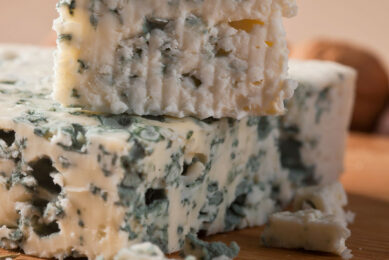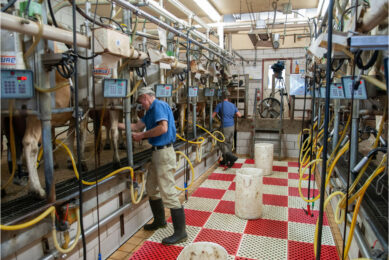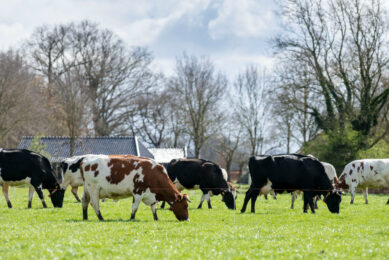Exploring a dairy farm in Lebanon
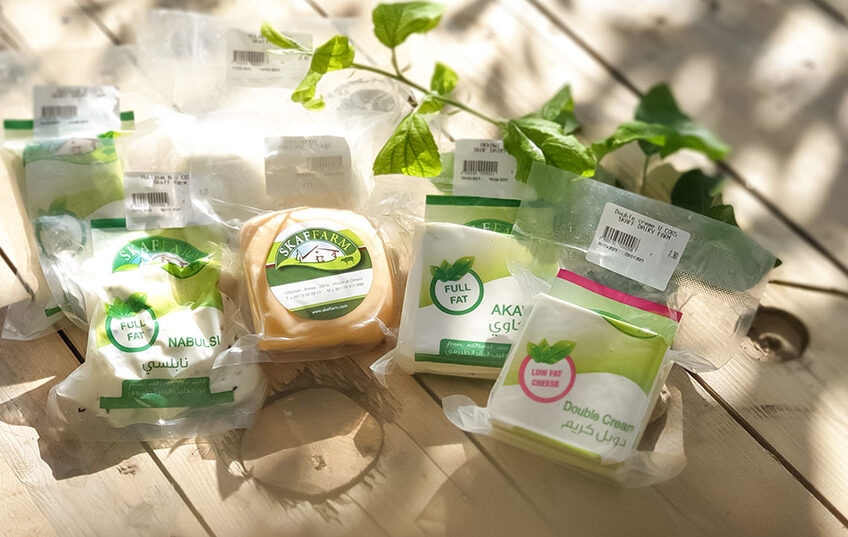
Tucked in between Syria and Israel in western Asia, Lebanon has quite a rich history with dairy farming which, today, provides income for significant numbers of rural dwellers.
Most of the dairy farms in the country can be found in the Bekaa Valley, as this is where the largest pastures and natural plains are located covering half of Lebanon’s farming land.
This valley is home to over 18,000 dairy cows on 1,500 farms, which accounts for 75% of the country’s total dairy cow herd. It is also home to 45% of the goats and 35% of the sheep in Lebanon.
Although the milking infrastructure is quite basic on many small farms in the region, it is also quite advanced on some of the larger farms.
An influencing factor on the success of the dairy industry in Lebanon is the strong support for dairy products by consumers, which is why many farms produce their own milk, cheese and yoghurts for direct sales.
Dairy farm
One such farm is Skaff Dairy Farm located near the city of Haouch El Oumaraa. The farm was first established in 2000 with just 20 cows but has expanded to 250 cows currently.
Alongside the cows on the farm there is a food production plant to make Lebanese cheeses and also a farm shop where the public can come buy the produce.
Eng Kamil Skaff has plans to not only expand the herd, but to also expand the sales territories for his quality range of cheeses, targeting small convenience stores in Beirut and Mount Lebanon to begin with, followed by those in South and North Lebanon.
Milking Holstein dairy cows
Kamil says: “We are located in the Bekaa Valley, which is the main dairy industry area in Lebanon. The farm has been here ever since the year 2000. It started off with about 20 to 25 cows that we were rearing for meat consumption, but after consideration and following market demands we evolved to become a dairy farm about 2 to 3 years later.”
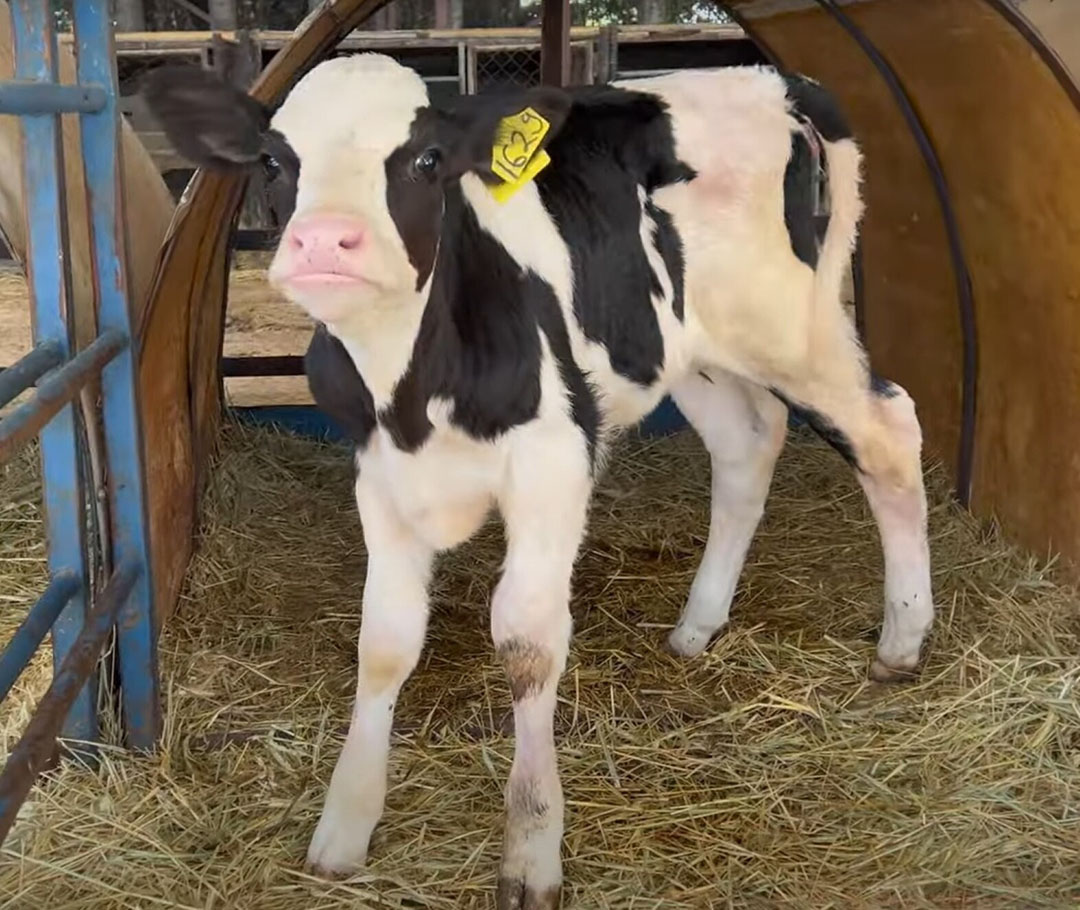
Due to the hotter climate and scarcity of grazing land, Kamil keeps his cows indoors all year round feeding a mixed ration using some crops grown on the farm.
Kamil adds: “The cows are always fed indoors on the farm since in the region there is not enough space for grazing. As for insemination, we used to only use AI, but for the past 2 years we have been using a mix of natural insemination and AI,” he said.
“We do not have a specific breeding strategy here, but our main objective is to be able to continuously have healthy cows that eat well and produce good quality milk,” he added.
Kamil’s cows are milked in a DeLaval automatic milking parlour with 8 units up each side. He has 10 staff on the farm carrying out different duties from feeding the cows to milking to field work and calf rearing.
Lebanese cheese
“There are 10 employees in all working at the farm,” Kamil states. “The cows are fed a simple balanced mixed ration that includes corn silage and alfalfa. Our milk price has been constantly changing due to the economic crisis, and it is now at US$0.65 per litre.
“All the milk produced by our cows on the farm is used in our own dairy factory where we produce traditional Lebanese products. Our dairy factory produces up to 900 tonnes of Lebanese dairy products per year such as Laban and Labneh yoghurts, as well as Akkawi, halloumi, and many other Lebanese cheeses.
“We have also recently added European-inspired cheeses to our growing list of products, such as gouda and mozzarella cheese. Our aim is to expand even more, and cover most of the Lebanese market, as well as expand to sales abroad,” he said.
Being in the dairy business in Lebanon is complex and hard, especially now as we face the global economic crisis
Milking cows in Lebanon does have its fair share of problems, too, like many other countries around the world. While the industry does have its own Lebanese Dairy Board to represent the interests of the dairy farmers, there are issues that fall outside its control.
Kamil explains: “Being in the dairy business in Lebanon is complex and hard, especially now, as we face the global economic crisis, as well as the Covid-19 one.”
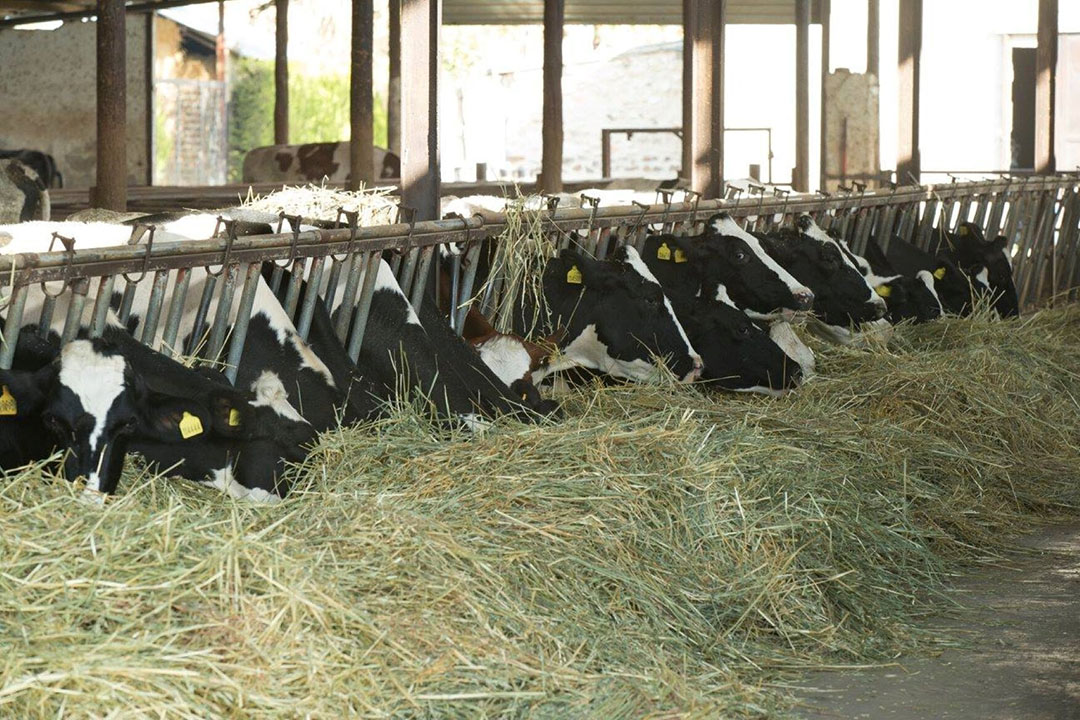
Impact of Russia/Ukraine war
“Plus, the war between Russia and Ukraine has created its own set of problems. For us in Lebanon our milk prices are constantly changing, we are enduring some shortages of cow feeds, and also much-needed veterinary medication.”
Lebanon’s dairy industry is gearing up to export more produce in the future due to national policies that are set to upgrade the sector and make it more competitive in global markets.
Dairy exports reached US$3 million in 2020 with the 3 top export destinations being Iraq, UAE and Saudi Arabia.
Join 13,000+ subscribers
Subscribe to our newsletter to stay updated about all the need-to-know content in the dairy sector, two times a week.




